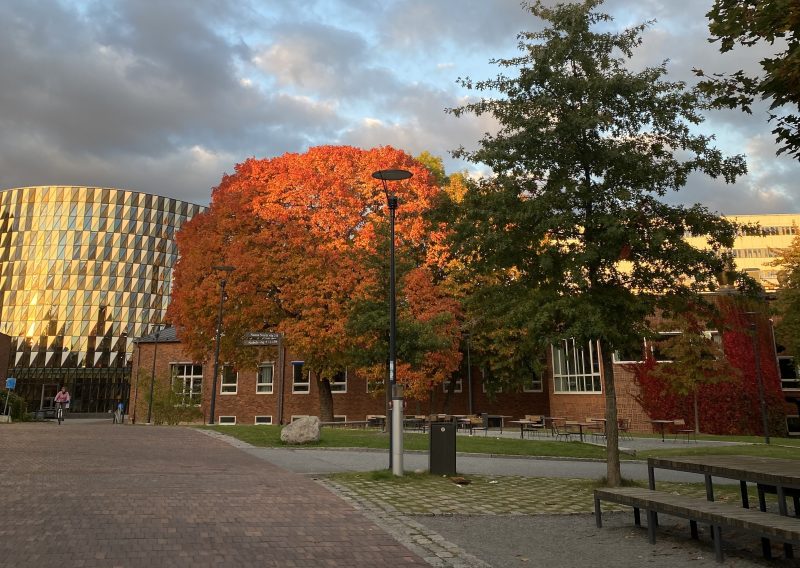
Is Translational Physiology and Pharmacology the right fit for you?
As the New Year arrives, so does the application process for Swedish programmes! Choosing the right masters programme when applying to postgrad can be a stressful experience. I know that that was definitely the case for me. I felt a bit lost between all the options that were available across Sweden, and even within KI. These are a few things I would’ve liked to know coming into the program. It should also be noted that I’m a first semester student, and that this has been my experience so far.
Translational vs fundamental
The TPP (Translational Physiology and Pharmacology) program has a strong focus on translational research. This is seen in the research groups that are connected to the program, but also through the lectures. During the first course, our lectures covered different organ systems and at the end of each organ system week, we had assignments and group-work with a heavy emphasis on application. For example, after learning about the respiratory system and cardiac system, we had a lab day. Here we recorded our teammates heart rate, blood lactate levels, respiratory rate and analyzed the results. In this way, we applied the knowledge we learned the previous week to this lab. Additionally, after covering the basis of the skeletal muscle system, we had various lectures on exercise physiology, where we learned about how exercise impacts our muscles. When we learned about environmental physiology, i.e. how G forces, outerspace, or diving affects the human body, we got to access the environmental physiology lab and saw the equipment they use (during other years they even got to try it out, however it was in maintanence when we went). Although there is also a focus on fundamental research and the basics of human physiology and pharmacology, these are used as building blocks that will then be applied.
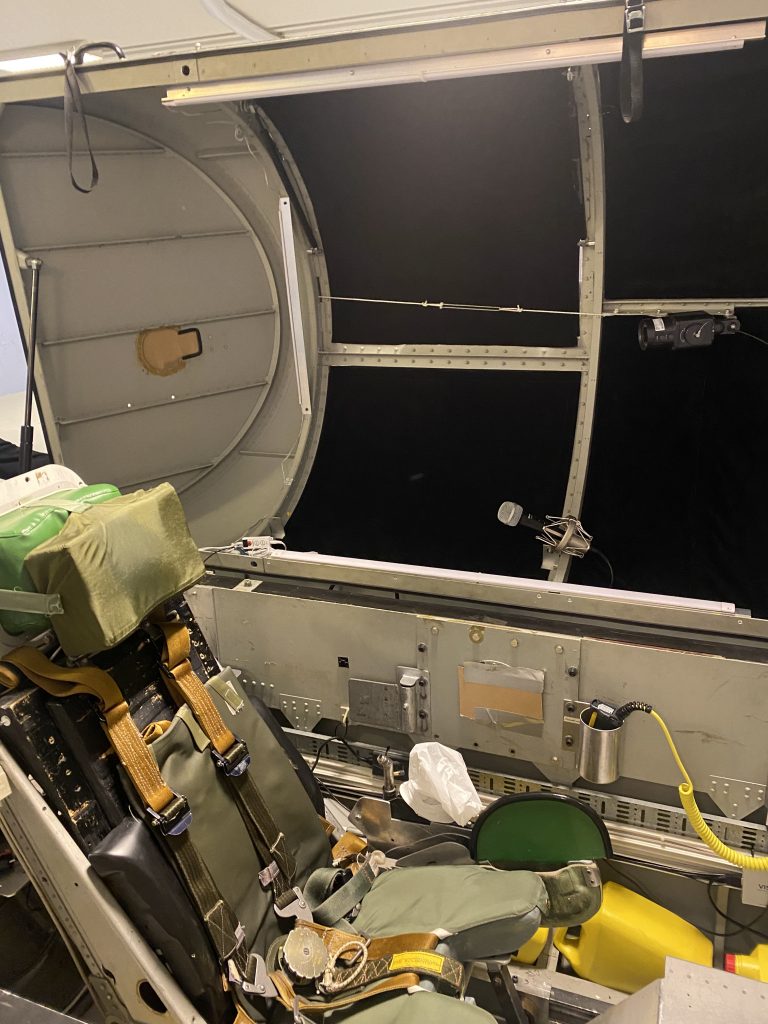
Pharmacology vs physiology
From my experience so far (that being one semester), this program has a heavier focus on physiology than pharmacology. I would describe it as pharmacology applied to physiology, rather than 50/50 pharmacology and physiology. During the first course, we initially had a few lectures on the basics of pharmacology, but the remaining duration of the course largely focused on the physiology of the organ systems of the body. How each one functions, how they interact, what happens when they lose function, the pathophysiologies of diseases and finally the treatment of these diseases (this is where pharmacology comes in). Depending on which organ system, the treatment part of the lectures could either be a majority or a minority, however, the emphasis still lies on physiology. However, it should be noted that you can choose which research groups you work with in the second year, so you can go as pharmacology-heavy or physiology-heavy as you want then!
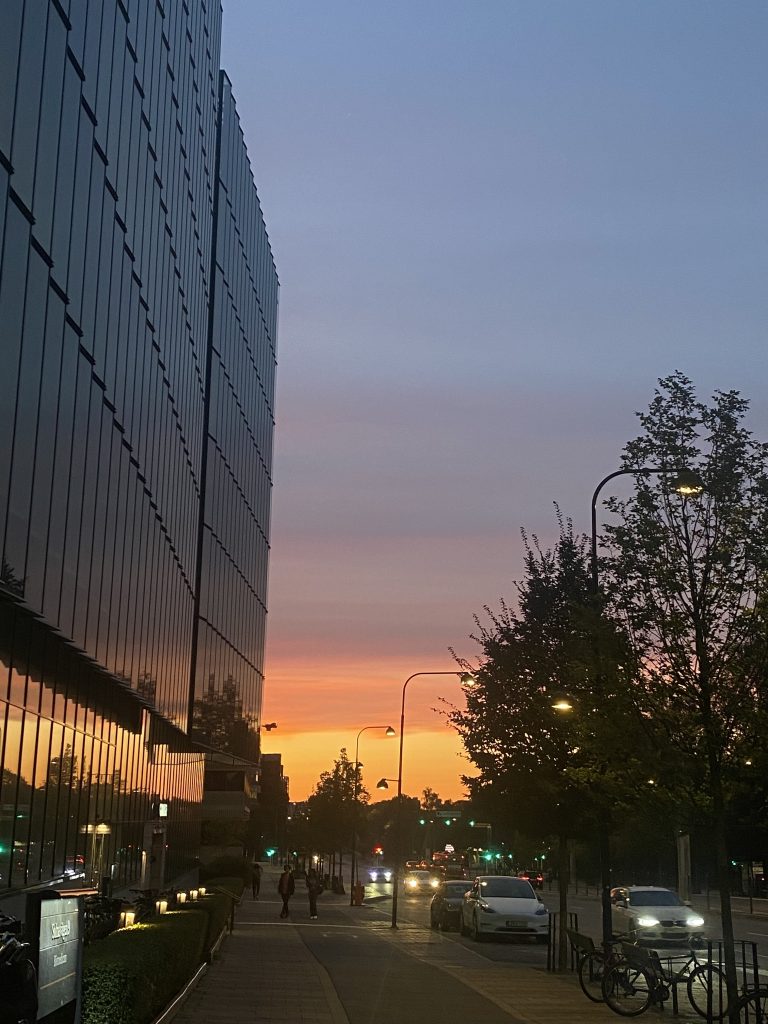
Theoretical vs practical
In other countries such as the Netherlands, research masters programmes (which are also 2 years long) are predominantly dedicated to doing practical work more so than theoretical work. Meaning one does more internships with research groups than attending lectures. At this program, it is divided into one year of theoretical work (lectures, group work, assignments, exams) and one year of practical work (research project 1, research project 2 and thesis). I personally prefer this theoretical to practical split as I want a more solid foundation of knowledge to then work upon during my internships, and it is one of the reasons I applied to this masters programme in the first place. However, it is definitely something that prospective students should consider when applying, and when deciding on what they really want out of a masters!
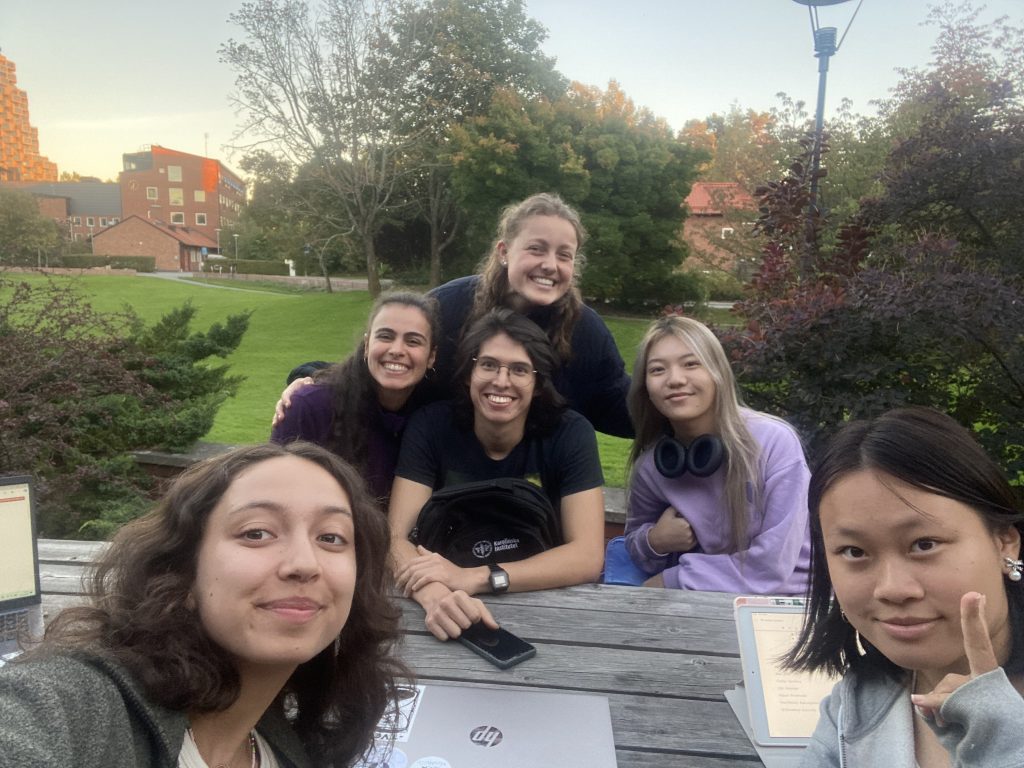
Workload vs free-time
From my experience, this program has overall been less intense than my bachelor’s program. However, the intensity does vary per week and per course. Some weeks have been incredibly busy: with multiple 9:00-16:00 lectures, one assignment and one journal club due within that same week. Whereas others are more calm: fewer lectures during the week and only one assignment. Also, it’s important to note that while the first year is course heavy, the second year is internship (labwork) heavy. So it may look very different compared to the first year of the program depending on how many hours you have to do per week for their internship. In general, at the moment, I feel like I have a good amount of free time to participate in extracurricular activities, see friends and of course, get fika!
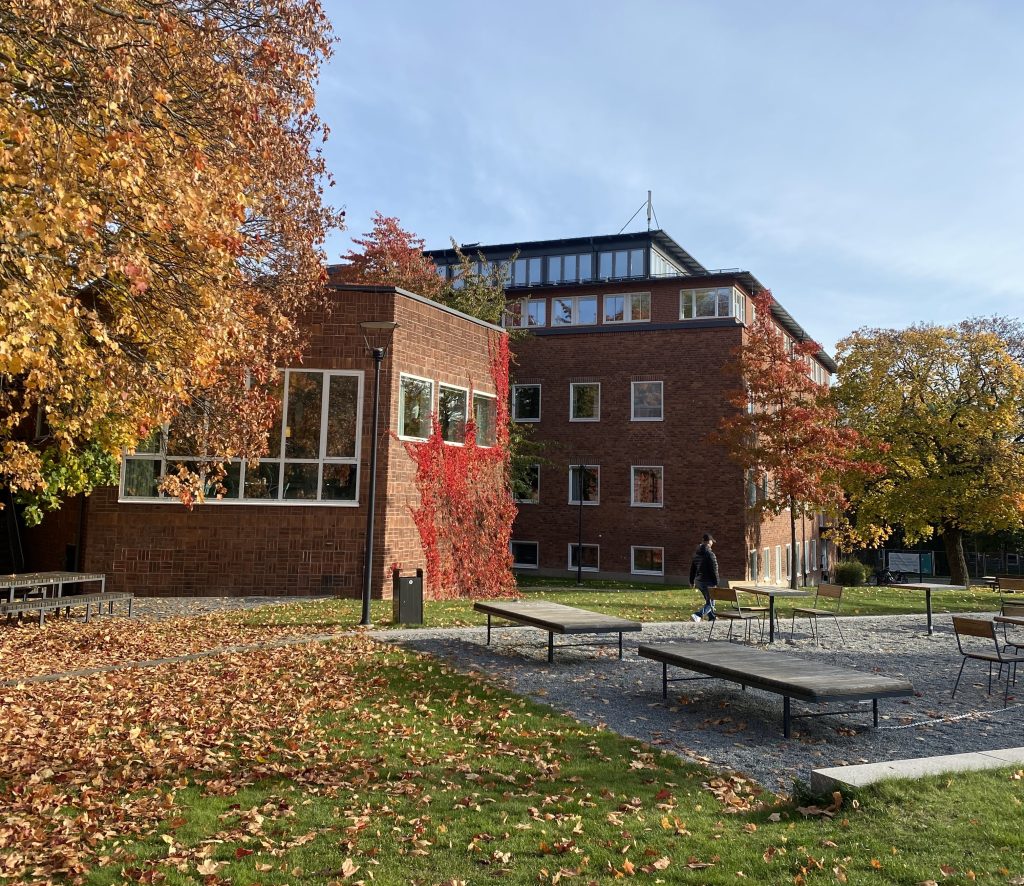
Applying to a master’s program can be a difficult decision. It’s important to be well-informed when understanding whether it is a right fit for you! I hope that this blog post was able to help with this, and if you are curious to find out more details about the program, make sure to check out the programme webpage and/or email us with any extra questions you may have!
Camila - Translational Physiology and Pharmacology
Hej hej, I’m Camila! I’m Venezuelan and Spanish, but I grew up in Oman. Currently, I am studying the Master’s Programme in Translational Physiology and Pharmacology. My interest in the programme, fascinating research groups and the international environment drove me to apply to KI. In my free time, I enjoy playing the guitar, writing, running and getting fika with friends. Besides the cold, I am very excited to be in Sweden for the upcoming two years and to explore all the cafes, thrift stores and sunset spots scattered throughout Stockholm.

0 comments